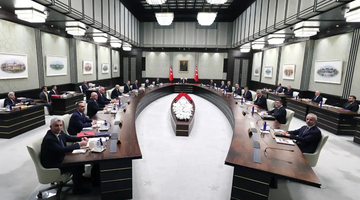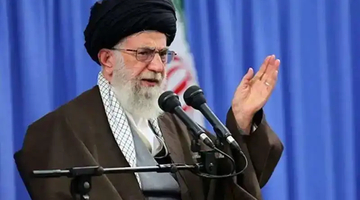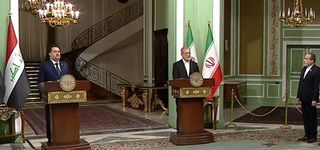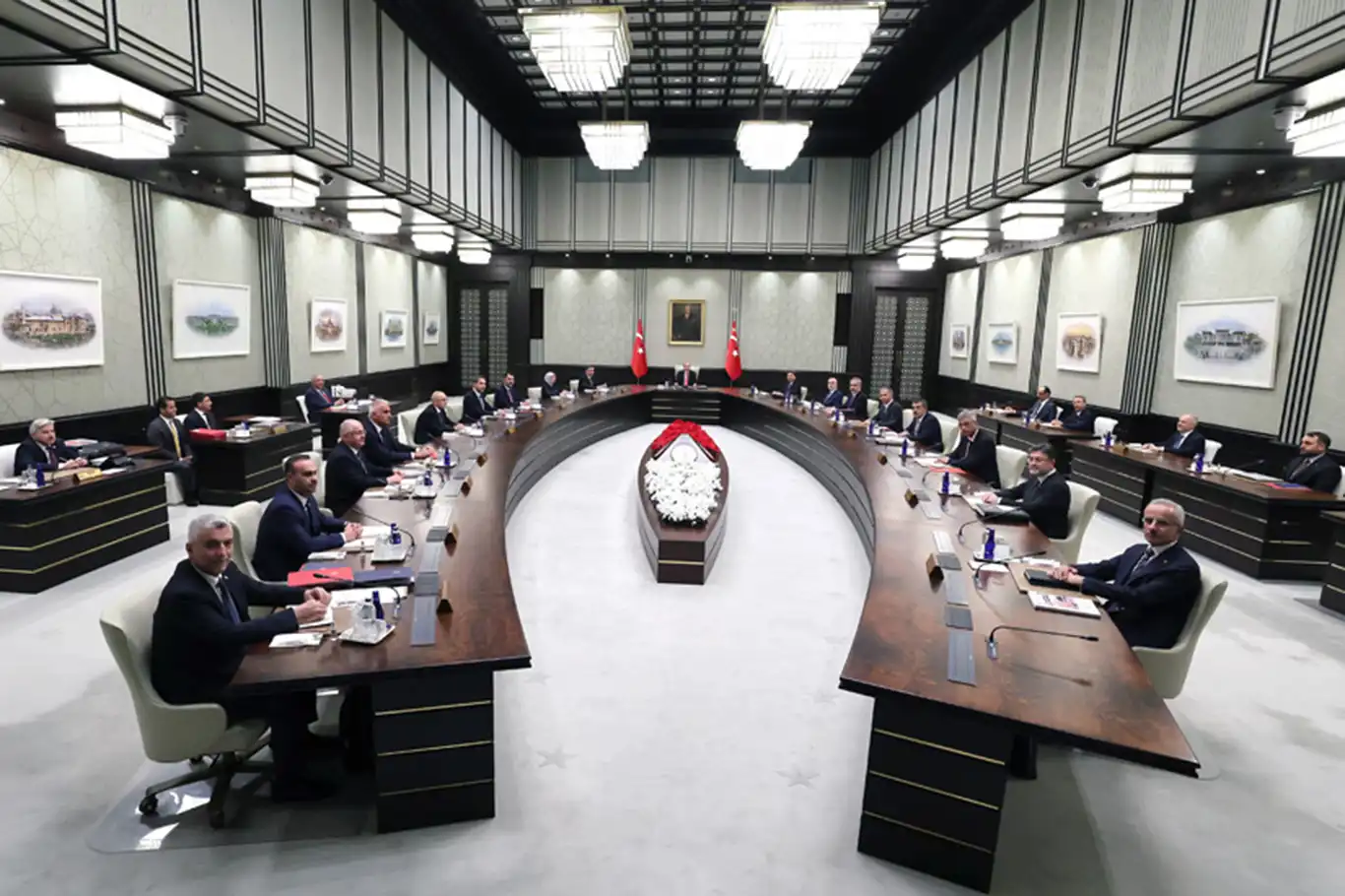Scientists and scholars propose "creation manifesto" at international congress in Istanbul
A gathering of scientists, theologians, and academics convened at the VIII International Congress on Creation in Light of Science at Üsküdar University, Istanbul, from October 24-26, 2024, to explore one of humanity’s most profound questions: the origin of the universe and life within it.
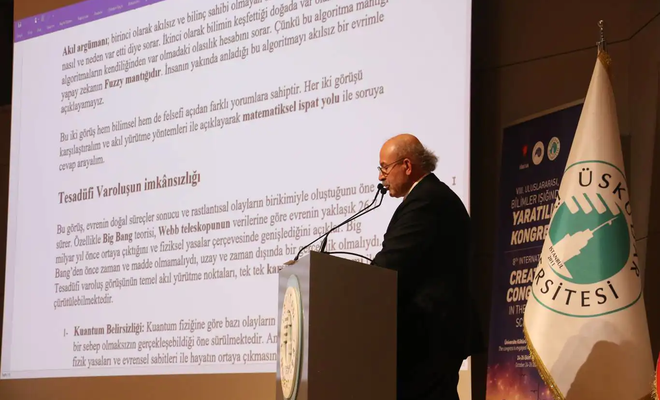
 Google News'te Doğruhaber'e abone olun.
Google News'te Doğruhaber'e abone olun. The event culminated in the issuance of a “Creation Manifesto,” which argues for the existence of the universe as a product of conscious, purposeful design rather than random chance.
A Fundamental Philosophical Inquiry
The manifesto raises age-old inquiries about existence: Why does the universe exist? How did life originate? Two prevailing perspectives were addressed during the congress:
Chance-Based Existence — The notion that the universe resulted from random, undirected processes.
Existence Based on Intentional Design — The belief that the universe and life are products of a purposeful, intelligent creator.
The participants contended that if the likelihood of a chance-based universe is proven mathematically and scientifically impossible, the model of intentional design becomes a rational alternative.
Scrutinizing the Chance-Based Perspective
The manifesto critically examines the chance-based view through various scientific principles, arguing that they fail to adequately explain the order and complexity observed in the universe. Key points include:
The Big Bang and Fine-Tuning: Utilizing data from the Webb Telescope, the manifesto highlights the universe’s apparent “fine-tuning” as raising doubts about its random origin. The precise calibration of universal constants creates conditions conducive to life, a phenomenon deemed highly improbable under a chance-based framework. The participants noted that even minor deviations in these constants would render the universe incapable of supporting life.
Quantum Indeterminacy and Order: While quantum mechanics presents certain events as random at the subatomic level, the manifesto suggests that the stability of physical laws indicates an overarching purpose or intelligence. By invoking chaos theory, they argue that what appears disordered may be part of a larger, intentional order.
Natural Selection: The manifesto challenges the evolutionary theory of life’s complexity arising from random mutations and natural selection. It posits that the intricate order seen in biological systems cannot be fully explained by chance, using human fetal development as an example that suggests a pre-determined sequence indicative of an intelligent blueprint.
Supporting Conscious Design
The manifesto asserts that complexity, order, and human cognitive abilities align with purposeful, intelligent design:
Consciousness and Intelligence in Nature: Participants argue that human consciousness and self-awareness cannot be sufficiently explained by evolutionary processes alone. They claim that our capacity for abstraction and moral contemplation indicates a form of intelligence that transcends mere survival.
System Theory and Cybernetics: The application of system theory and cybernetics is presented to show that natural processes behave similarly to algorithms, suggesting a decision-making capability beyond random processes. This “algorithmic” behavior is interpreted as indicative of a designer with intentional purpose.
Theory of Mind (Zihin Kuramı): The unique human ability to infer others’ mental states and conceive abstract ideas is highlighted as a sign of intelligence pointing to an intentional creator. The manifesto argues that this capacity does not confer any evolutionary advantage in the same way it manifests in humans, reinforcing the idea of purposeful creation.
Addressing the Problem of Evil and Free Will
Significantly, the manifesto addresses the problem of evil and suffering, which it claims cannot be satisfactorily explained by a chance-based view of existence. The presence of suffering, moral ambiguity, and free will, they argue, aligns with the concept of life as a test—common in many spiritual traditions—rather than a random occurrence. This perspective suggests a moral structure and ultimate accountability within human existence, necessitating a higher power.
Final Declaration: The Necessity of a Supreme Creator
The manifesto concludes that, when viewed through the lenses of mathematical probability, philosophical reasoning, and scientific observation, the model of an intelligent designer offers a rational framework for understanding the universe and human consciousness. Drawing on the philosophical concept of “Necessary Existence” (Vacib-ül Vücud) articulated by Ibn Sina (Avicenna), the participants argue for the existence of an omniscient, omnipotent Creator as a logical necessity. They also reference the Quranic concept of Tawhid (Unity of God), asserting that this understanding aligns with a monotheistic view attributing creation to an eternal, all-knowing, and all-powerful being.
In summary, the congress participants concluded that their investigations reveal signs of intentional creation within the universe and life itself, inviting humanity to contemplate a cosmos imbued with profound meaning and purpose beyond mere chance. (ILKHA)




























